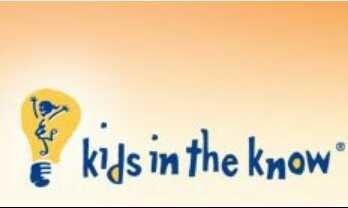
Kids in the Know is Canada's Canadian Child Protection Center's national education program. The program engages students with interactive activities to help build skills that improve their personal safety and reduce the risk of online and real-world casualties.

life story.
Harry Hannon was in preschool when he started getting into trouble. Master quickly labeled her naughty behavior - like cutting her hair under the table - problematic. Her kindergarten teacher warns that is Harry does not stop using "toilet words", he'll have her do the work in the bathroom. Her first-grade teacher forced Harry to copy the phrase "I will not say in circles" 100 times. Harry starts to fear school and develop serious separation anxiety. His acting got worse.
"I'll take her to school," said her mother, Hanna, crying. "I do not know better." At the age of 8, he was expelled from the program after school and, later, from school. Jessica reduced her working hours to handle frequent calls from school. When Harry underwent a psychiatric evaluation in fourth grade, a therapist said he was presented like a traumatized child. He believes it is because of how his behavior is handled early in school.
Early childhood education can be an invaluable opportunity to learn social and emotional skills. But when teachers repeatedly punish young people, their efforts can cause life-long dangers. Unfortunately, Harry's story is not extraordinary. Almost 1 in 10 preschool children are suspended or expelled for behavioral problems. Their violations - generally beating, throwing or swearing - need to be addressed, but educators admit that removing 3- and 4-year-olds from the classroom is not the answer. It does not teach children how to behave differently, and that often makes things worse.